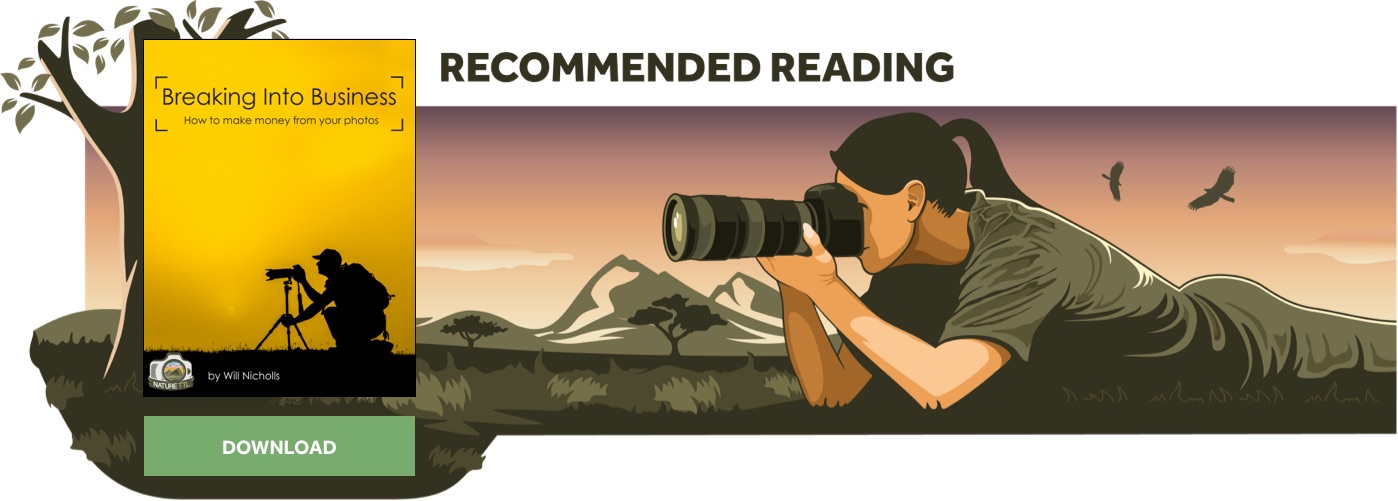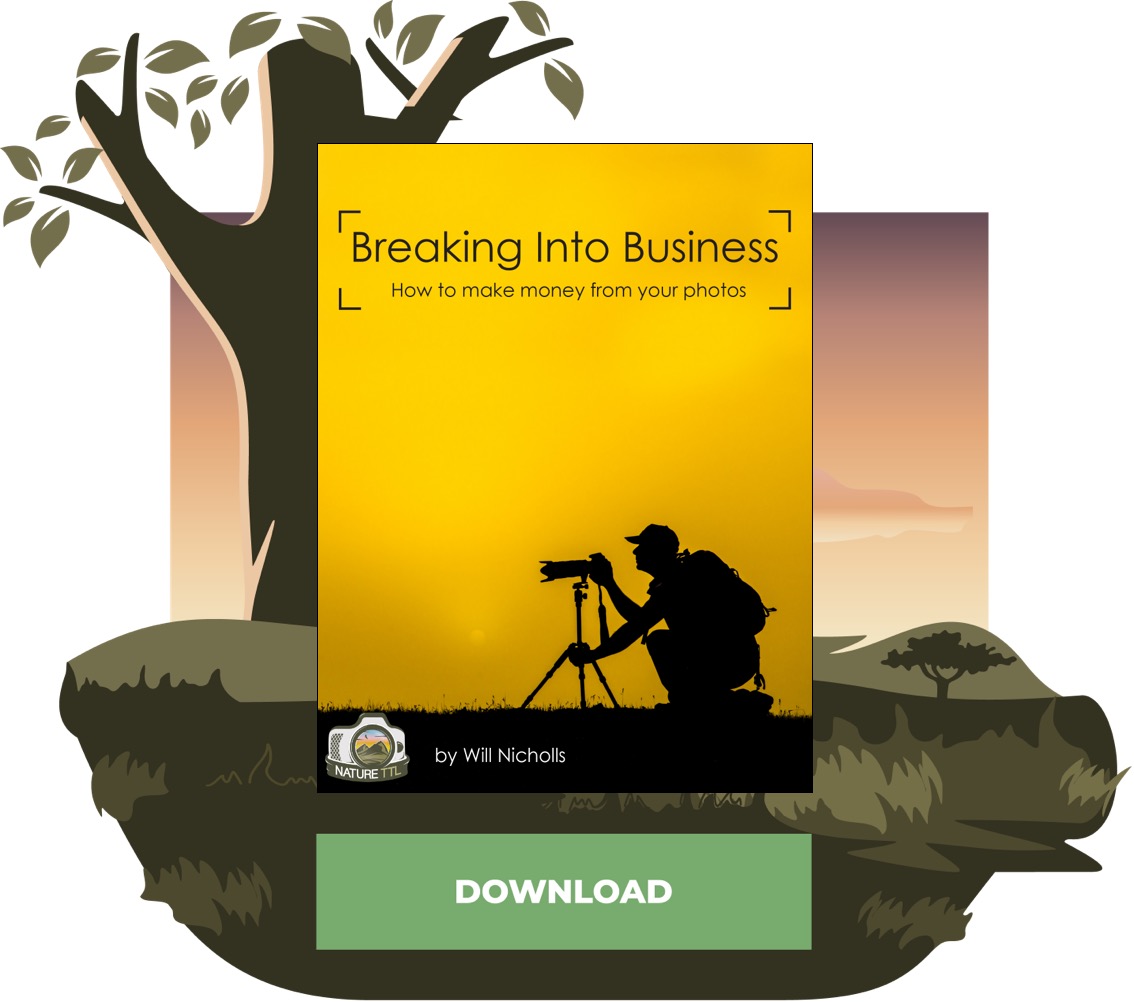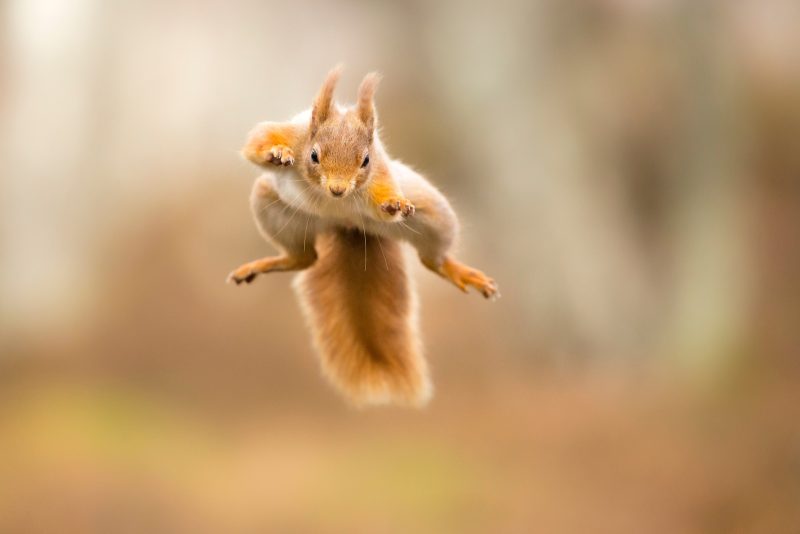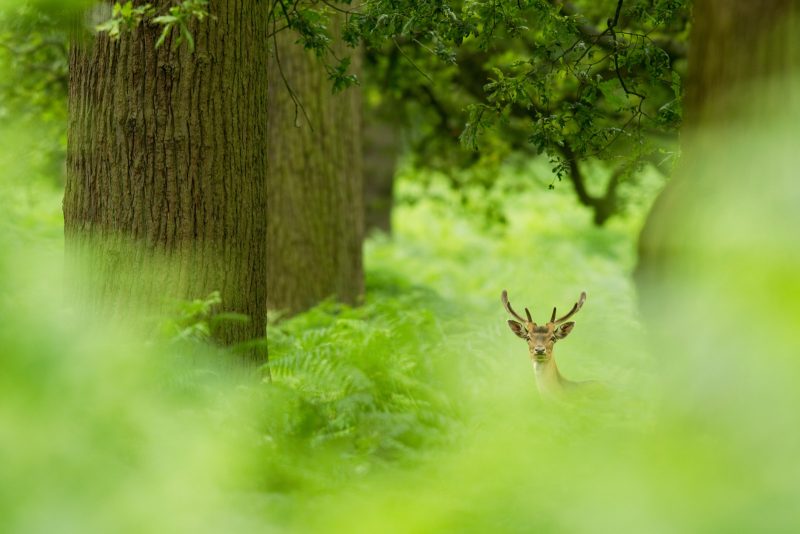7 Tips for Starting a Photography Workshop Business

With the ever-increasing popularity of photography, starting a photography workshop business might be an idea you want to explore.
And with so many people looking to gain experience and hone their skills, these workshops are often in high demand.



If you are an experienced professional photographer with a drive to teach and help people, setting up a workshop business can be a rewarding way of passing on your knowledge and helping others on their photographic journey.
1. Ideas for workshops
The workshops you decide to create will depend entirely on your skill set and experience as a photographer.
Start local
I suggest starting with your local area. Locations that you visit regularly will be familiar to you, and knowledge of your location and subject is vital when it comes to photography, let alone teaching others.

Pick your topics based on what you can reasonably promise within your local area.
Read more: Photographing a Species In-depth
Find your strengths
Choose a subject that you have extensive experience photographing, or a photographic technique that you know how to implement extremely well.
This way, you can concentrate your attention on teaching your participants and sharing your experience!
Read more: 7 Advanced Techniques to Improve Your Wildlife Photos
Do your research
There are many photographers out there offering workshops, so coming up with something unique can be challenging. However, thinking outside the box and finding a niche can help you enter the market.

Do your research and look at what other nature photographers working in your specific genre(s) are offering for their workshops.
Are there topics that aren’t being covered? What might you offer that others can’t? This can help you develop a unique selling point.
Read more: Breaking Into Business
2. What you need to run a workshop
It should go without saying that you need extensive photography skills to run workshops, but there are other things to keep in mind too.
- You should be a full-time professional photographer, preferably with many years of experience in the industry.
- You will need to possess people skills and have a passion for sharing your knowledge and experience with others. Bear in mind that you will be leading a group of people where there will likely be a range of personalities and experience levels.
- You will need to have patience and be able to explain things clearly and concisely.

- Of course, you will need to know your own equipment inside out, but also ensure you have good knowledge of other camera systems as your participants will inevitably use a mixture of different gear. It is vital that you can assist them with their equipment, even if it’s different from yours.
- Good organizational and planning skills are a prerequisite for running successful workshops! You need to have clear and concise planning in place and be prepared to arrive early to prepare for the day and be on time with your delivery to make sure you cover everything you promise to cover in the allotted time – and wrap it up within the advertised duration!
- The locations and subjects you choose to offer guidance on must be familiar to you. Not only are you there to teach photography, but you are also a guide. For example, if you are leading a wildlife-based workshop, you should possess enough knowledge of your subjects’ behavioral patterns to be able to give your clients the best chance of finding and photographing the intended target species.
3. How to structure and plan a workshop
When it comes to planning a workshop, there are several important points to consider.
Decide on your subject and location
First, you will need to decide on a subject. As already discussed, choosing an accessible subject will make your job much easier and will greatly increase your chances of success.

You are then free to concentrate on helping your clients with their photography rather than searching for the subject.
Organize accommodation if necessary
If your chosen location is not local, you will need to organize accommodation.
Depending on the length of your workshop, you will need to consider whether to include accommodation in the workshop price or whether to let your participants organize their own location.

I would recommend starting with one-day workshops as this will make the planning much easier, and then as you gain more experience, start to offer longer trips with overnight stays.
Make travel plans
If your workshop is at a single location, your travel plans should be fairly straightforward, and meeting your clients at a convenient spot at the site itself would be the most convenient option.
If you plan to visit two or more locations during the workshop, you will need to think about the logistics.

Depending on how many participants are on the workshop, you may want to consider hiring a minibus so that you can all travel together.
Otherwise, driving in a convoy would be less costly but introduces the risk of somebody losing their way and getting held up. You will also need to ensure there is adequate parking for the number of clients attending your workshop.
Consider amenities
Lunch arrangements will need some thought, too. Depending on your location, you may have a convenient cafe to eat at, or if you are somewhere more remote, you will need to advise your clients to bring food and refreshments with them.

Ensure that your clients are able to contact you with any questions about special requirements they may have too.
Creating and sending a kit list
Sending out a kit list is essential. This should include camera gear and appropriate clothing to prepare your clients for any eventuality. Include anything you think they may need.
If you have spare equipment yourself, you may want to offer this for loan during the workshop.
Read more: What’s in My Bag? A Look at the Kit of a Professional Landscape Photographer
4. How to price your workshops
Deciding what to charge for a workshop will depend on several factors.
The duration of the workshop and whether you decide to include transport, accommodation, and food will need to be factored into the final price.

Decide on what you would like your day rate to be, and then split the other costs between the participants. The more clients you have, the less the cost will be.
Of course, people who would like to spend a day with you on a one-to-one basis should be prepared to pay more, as they will be benefiting from your undivided attention.
5. How to run a workshop
Once all of your plans are in place, it is time for the main event. Delivering your first workshop can be a nerve-wracking experience, but remember that people are there to learn and share their passion for nature photography!
If you are taking a group, you should expect people to be at different experience and skill levels, so be aware that you will need to spend time with each person individually to make sure that their needs are met.

Getting people engaged will be your first task, and of course, that will largely depend on what you plan on photographing and how easy and accessible your subject is.
Read more: 9 Ways to Build Your Confidence in Nature Photography
Top tips for great delivery
- Encourage your clients to think outside the box. Photography is subjective after all, and they should use their own personal vision as the driving force behind their work.
- When giving advice, be encouraging and positive; remember, you are there to inspire your clients as well as give them sound, practical advice that they can take away and use when out on their own.
- Giving plenty of feedback is important too. If it is practical to do so, offering a feedback session at the end of the workshop is a great way of concluding the workshop and will be invaluable for everyone who participates. It is important when giving feedback to be encouraging but constructive with any criticism.
- Demonstrating techniques using your own images and equipment can make it easier for your client to visualise and understand any concepts or techniques that you would like to convey.
- Setting a goal for the workshop is an effective way of keeping everyone focused and motivated. This could be anything from the challenge of capturing a pin-sharp flight shot to an environmental image that shows the subject in context.
6. Safety precautions
All participants should be kept as safe as possible when undertaking a workshop. When venturing out into the field, there will always be certain risks, and it should be your job to minimise these as much as possible.

- Plan, or better still, know your route very well, especially when visiting more remote areas.
- Weather conditions can change rapidly, so it is good practice to have a GPS device with you at all times so that you can always find your way back to base, whatever the weather throws at you.
- Wearing the appropriate clothing is also essential, especially during the winter months. I advise my clients to bring waterproof clothing, even if the forecast looks dry. There is nothing worse than to be caught out in heavy rain with no protection.
- Appropriate footwear is one of the most important considerations, especially if you are covering long distances on foot over difficult terrain. Adding clothing recommendations to your kit list will hopefully prevent anyone from arriving unprepared.
- You should also advise beforehand of the type of fitness level required so that any potential clients can decide for themselves whether the workshop is suitable for them.
- Public liability insurance is a must for anyone wanting to set up a workshop business. This is often included with a professional photographer insurance policy and will protect you against any accidents that might happen, as well as insuring your kit.
7. Promoting your workshops
Word of mouth is perhaps the best way of acquiring new clients, but until you have some workshops under your belt, you will need to get the word out in other ways.
In this day and age, social media is a powerful tool that can be used to get your workshop information in front of a wide audience.

A solid website, however, is still important. The chances are that if you are planning to start selling workshops, you will already have a photography business website.
The simplest and most cost-efficient way is to add a workshop page to your existing site. Here, you can list the workshops that you have planned out with basic details and a contact form for inquiries.
On completion of a workshop, asking clients to kindly leave a review, or perhaps post their favorite image from the workshop on a dedicated page or social platform can be a great way of generating further interest!
Read more: How to Start Your Own Photography Website
In conclusion
Starting to offer workshops can seem daunting at first, but it can be a great way of meeting new, like-minded people and could become a welcome addition to your business.
My recommendation is to start small, and as your confidence, clientele base and popularity grows as a workshop leader, you will be able to look at branching out and offering bigger, more expansive workshops, possibly even further afield – if you choose to do so, and enjoy the process of course!
The more experience that you gain, the easier workshops will be to plan and deliver, and who knows where this new venture might take you.





